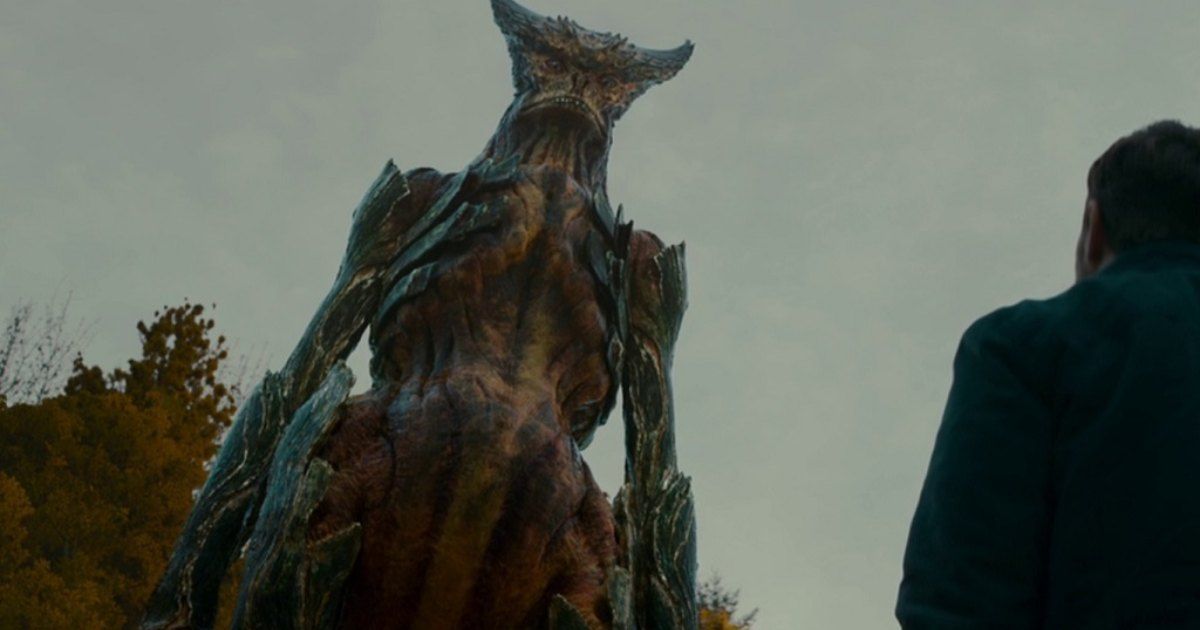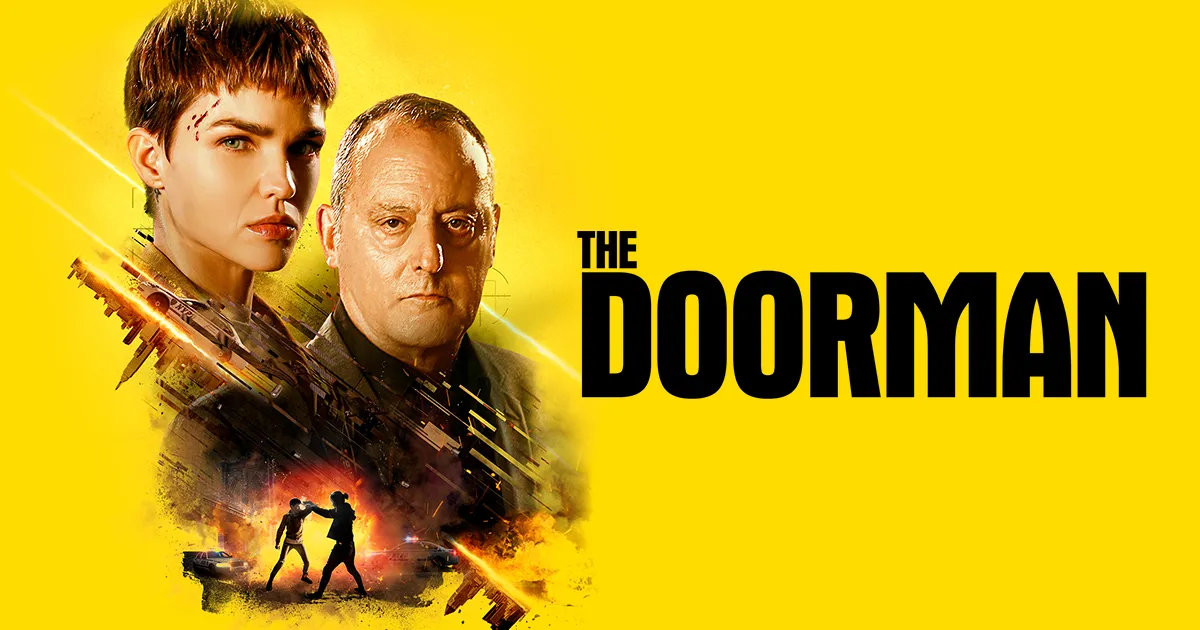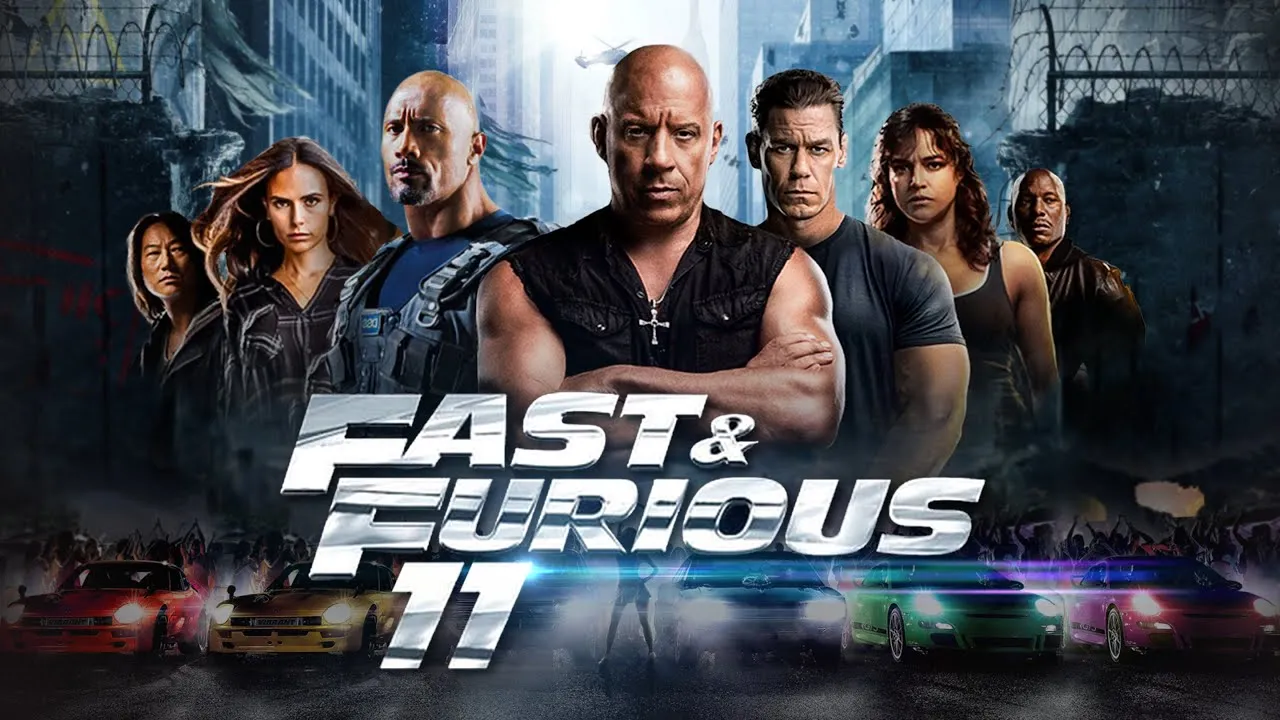Colossal (2016): A Bold, Genre-Bending Monster Tale With a Human Core
Colossal, directed by Nacho Vigalondo, is one of those rare films that defies categorization. It begins as an offbeat indie drama about a woman hitting rock bottom and slowly evolves into a monster movie, a science fiction fable, a black comedy, and a powerful metaphor for toxic relationships—all in under two hours. With Anne Hathaway delivering one of the most nuanced performances of her career, Colossal turns the kaiju genre on its head and uses its bizarre premise to explore deeply human themes.
At the heart of the story is Gloria (Hathaway), a down-on-her-luck New Yorker whose life is unraveling due to alcohol abuse and failed relationships. When her boyfriend (Dan Stevens) kicks her out of their apartment, she retreats to her hometown to figure out her life, moving into her abandoned childhood home. There, she reconnects with Oscar (played with unsettling charm by Jason Sudeikis), a childhood friend who now runs a local bar. As Gloria attempts to rebuild her life, she takes a job at Oscar’s bar, but her drinking continues, and her situation deteriorates.

Then the movie takes a strange and brilliant turn. Gloria discovers that when she walks through a particular playground at a specific time of day, a giant monster appears in Seoul, South Korea, mirroring her every movement. This surreal twist isn’t played for laughs—it’s treated with disturbing seriousness. The film doesn’t shy away from how horrifying it is to accidentally cause destruction across the world, even unintentionally. What follows is a darkly original exploration of responsibility, guilt, and power.
But Colossal is less about the giant monster and more about the monsters we let into our lives—and those that grow within us. As Gloria begins to take ownership of her actions and understand her strange link to the kaiju, Oscar's character slowly reveals darker layers. What seemed like a kind, helpful friend reveals itself as something far more insidious. Oscar's need for control, jealousy, and emotional manipulation escalate in ways that echo the emotional abuse seen in toxic relationships, but told through a truly unique lens.

This makes Colossal not only a smart metaphor for addiction and recovery but also a powerful parable about the dynamics of control and emotional violence. Gloria’s journey isn’t just about stopping a monster in South Korea—it’s about recognizing the monster in her own life and standing up to it.
Stylistically, Vigalondo keeps the film grounded despite its outlandish concept. The special effects are modest but effective, and the juxtaposition of small-town life with global catastrophe gives the film an unsettling, dreamlike tone. Hathaway plays Gloria with messy vulnerability and strength, anchoring the surreal story with emotional authenticity. Jason Sudeikis, often cast in comedic roles, gives one of his most chilling performances to date.

Colossal is not your typical monster movie, and that’s what makes it unforgettable. It’s smart, strange, and unexpectedly emotional. At its core, it reminds us that sometimes the biggest battles are the ones we fight within ourselves—and that conquering our inner demons may just save the world.

/vidio-media-production/uploads/image/source/20721/92c393.jpg)
